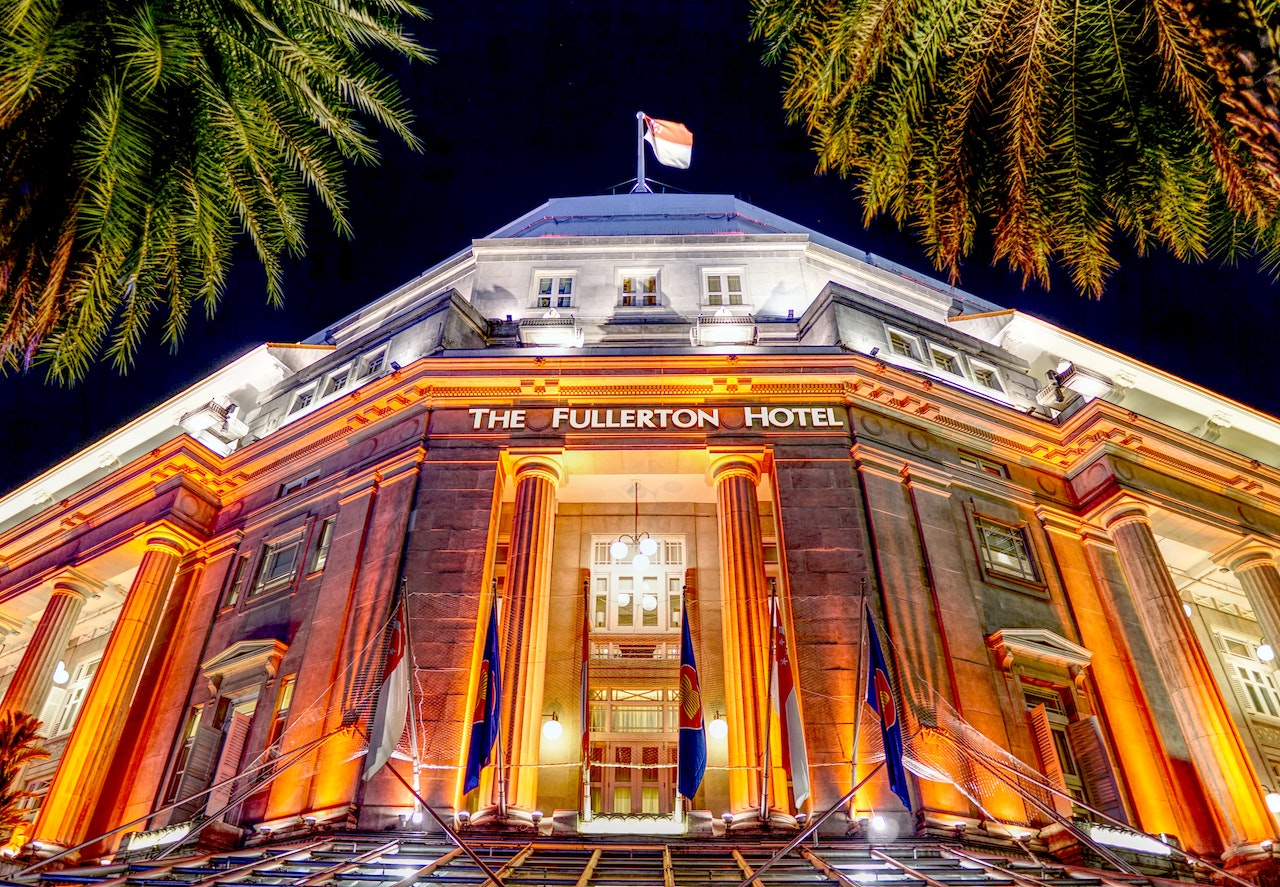
An optimized website is a basic requirement for direct bookings. Nevertheless, many hotel sites in this area meet too few of the basics. Philipp Ingenillem, co-initiator of the Hotel Digital Score, explains how hoteliers can improve SEO performance and website usability with the help of on-page optimization and 백링크 작업 (backlink operation).
In terms of digitization, the German hotel industry is lagging behind. It was also reported on the problem child among the examined online marketing areas: social media. But there is also some catching up to do in the other segments of the large-scale study with more than 14,000 hotels. For example, when optimizing the website. Because if you want to be found online, you should also optimize the content for the search engine. Separate consideration of this area is intended to provide information and impulses for action.
Only 28 percent of German hotels with a strong website
A rule of thumb in sales is: If 70 percent is sold directly and 30 percent through intermediaries, you are good at it. However, due to the dominance of Booking, HRS, and other OTAs, many hotels today do not even reach the inverted 30/70 ratio for their rooms. “One reason for this less than ideal situation is the fact that hotels make it too difficult for their guests to book directly with them,” says Philipp Ingenillem, co-initiator of the Hotel Digital Scores. The industry report shows that two-thirds of German hotels do not have an Internet Booking Engine (IBE), i.e. no software for reserving travel services via the Internet.
Another omission: Just twelve percent of German hotels guarantee the best price on their own website. 57 percent of hotels also have no tracking enabled. This makes it difficult to measure and optimize success. On the positive side, more than 70 percent take mobile optimization and security certification seriously. The bottom line is that only 28 percent of hotels remain that have concluded with the rating “strong” in the area of website usability.
ALSO READ: What are the Risks of Business Travel
84 percent of German hotels with optimization potential
These challenges only arise when potential guests land on their own website at all. But how does this actually succeed? There was a time when a hotel was found through travel guides. Often it was also in the Yellow Pages, or travel agencies kept it in their database. Today, these instances have little relevance. They were replaced in their function as first-time contact intermediaries primarily by Google. Prerequisite today: You will be found as a hotel via the search engine. “This is actually only possible if you appear at the top of the first results page for relevant search terms (keywords),” explains Philipp Ingenillem. “The competition wants that too, and so you are in constant SEO competition” (SEO = Search Engine Optimization).
According to the Industry Report 2021, only 16 percent of German hotels are prepared for this, the rest have a weak to medium SEO performance. 88 percent of hotel websites give away potential because the images are not alt-tagged, three-quarters do not pay attention to adequate meta descriptions, and six out of ten neglect the correct headline structure. A ray of hope in the SEO sphere: 75 percent of hotel websites use title tags, the main heading of an HTML document.
3 tips for improvement
1. Activate tracking on the website
Hoteliers must operate within the framework of data protection regulations, but even with non-personalized tracking, they receive valuable key figures such as bounce rate, length of stay, or page visits, which they can use both to improve usability and for search engine optimization.
2. Dynamic content
SEO and website usability are related in some cases. User guidance and the resulting user signals influence the ranking on Google. Relevant and, above all, up-to-date content keeps users on the page longer and ensures that other user signals are also positive.
3. Direct booking incentives on the hotel website
An overnight stay should not be cheaper anywhere than on your own website. Hoteliers can give incentives for direct booking (e.g. vouchers) or put together exclusive packages that are only available on their own website.
